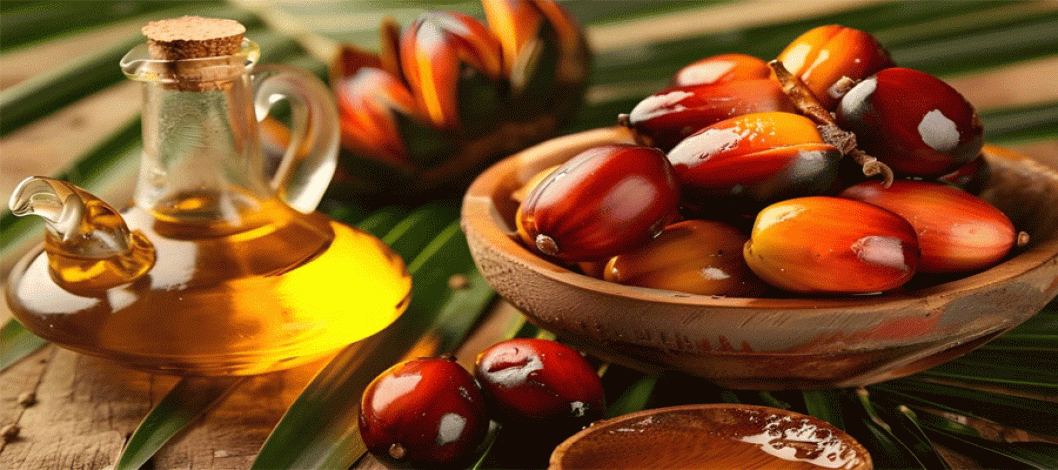
File Photo
Palm oil is a critical pillar of Malaysia’s economy. With an annual revenue exceeding RM100 billion, palm oil accounts for almost four per cent of the country’s gross domestic product (GDP) – a significant portion of agricultural GDP.
Many view palm oil as one of the most inclusive economic crops, positively impacting the lives of most Malaysians. Its greatest economic impact is on the livelihoods of smallholder farmers in rural areas.
The latest count suggests there may be more than 300,000 oil palm smallholders in Malaysia. As the price of palm oil hovers close to RM4,000 a tonne, one can appreciate how the crop has lifted many rural farmers out of poverty.
However, the rise of palm oil as the leading edible oil in the world is not without its share of trials and tribulations. For years, competing oils have burdened palm oil with various unfounded accusations.
Many in the palm oil industry still remember the episodes in the 90s when it was mercilessly attacked from all sides. It was depicted as detrimental to health.
However, as scientific evidence led to a better understanding of the nutritional properties of oils and fats, the picture was reversed. The trans fats arising from the hardening of other oils proved to be the real culprits behind negative health effects.
Soon, nutritional studies confirmed that palm oil, with its high level of monounsaturates, is just as good as the gold standard of fat nutrition – olive oil.
Malaysian scientist Tan Sri Augustine Ong, who was instrumental in coordinating much of the research, explains that it is the chemical positioning of the saturates in palm oil that accounts for its positive nutritional character.
Many in the industry were passionate about palm oil at that time. Ong is one who, even to this day, remains active in uncovering more positive evidence regarding palm oil.
He firmly believes that with the right research strategy, palm oil yield can increase significantly, approaching its theoretical yield of around 17 to 19 tonnes of oil per hectare per year. The national average has stagnated at about four tonnes. More research and development in breeding are needed.
Another prominent figure among palm oil research leaders was Tan Sri Yusof Basiron. Many remember him as the Director-General of the Malaysian Palm Oil Board, who pushed hard for the implementation of the Palm Biodiesel Act.
If there is a single factor that has led to the stabilisation of the palm oil price, it is the commercial use of palm oil as biodiesel. The rising demand for biofuel has enabled better palm oil stock management, effectively supporting prices.
Many must still remember some of the industry leaders who passionately championed palm oil interest internationally. One which comes to mind is Tan Sri B. Bek-Nielson of United Plantations. The other is Toh Pang Huat, a one-time president of the Palm Oil Refiners Association of Malaysia. He lived and breathed palm oil till the end.
There were others who defended the interests of palm oil. But former plantation (then known as Primary Industries) minister Tun Dr Lim Keng Yaik stood out as a formidable champion of the oil. In one of his public engagements, he threatened to drop his so-called “hydrogen bomb” if competing oils dared question the positive attributes of palm oil. He was of course referring to the trans fats revelation arising from the hydrogenation of the soft oils which has badly tarnished the image of competing oils.
Now the main issue confronting palm oil is the environment. Palm oil is blamed on all fronts. Palm oil destroys the forest they say. The carbon emission from the palm oil industry is higher than the other oils they claim. But the evidence says otherwise. A recent presentation by Professor Dennis Murphy showed oil palm has an unbeatable carbon sequestration power. And the claim of uncontrolled deforestation is grossly unfounded.
Plantation Industries and Commodities of Malaysia Minister Datuk Seri Johari Abdul Ghani has come out to say that in Malaysia any plantation that practices deforestation will be denied the license to process their fresh fruits bunch (FFB). Johari has also established himself as no push-over. Since assuming office, he has come out with strong statements that comfort many in the industry. He is seen as taking aggressive initiatives to sustain the strong performance of the industry, working closely with industry captains.
The industry, as always, remains committed to sustainability. The impressive progress in sustainable practices, such as the Malaysian Sustainable Palm Oil certification, provides testimony to that. Even at the recent COP29 in Baku, the industry successfully showcased its commitments to zero deforestation and the conservation of biodiversity.
It is no longer a secret that the industry is investing in precision agriculture, blockchain for traceability, and artificial intelligence for yield optimization to enhance transparency and accountability. Under the watch of the ministry, the industry is actively engaged in international dialogues to address misconceptions and promote balanced narratives.
This was evident in the recent dialogue with the European Union (EU) concerning the controversial EU Deforestation Ruling. All stakeholders involved in the engagement, including several EU member states, agreed that many issues must be properly resolved before the ruling can be enforced.
Many are heartened that the passion for palm oil, which has long been dormant, is now seen returning with greater vengeance. This augurs well for the future of palm oil.
For almost 30 years of expertise in the agri markets, UkrAgroConsult has accumulated an extensive database, which became the basis of the platform AgriSupp.
It is a multi-functional online platform with market intelligence for grains and oilseeds that enables access to daily operational information on the Black Sea & Danube markets, analytical reports, and historical data.
Source: Online/GFMM
Comment Now